Leaderless Protest in Thailand, Hong Kong, Nigeria, Chile, Colombia, Belarus...
- Protest2020

- Oct 22, 2020
- 3 min read
Updated: Nov 19, 2021

ProtestBlog.org: 20/22/2020: Helmets, gas masks, flashmobs, hand signals, the techniques that came into widespread use among protesters a year ago in Hong Kong, have spread across the globe and are now especially prominent in Thailand. Hong Kong’s largely student-led movement lent their moral support early on and openly to protesters in Thailand who have been seen as sharing numerous goals and principles of progressive change – vision for the future. Prominent Hong Kong activist Joshua Wong regularly tweets in support of the Thai movement with the hashtag #StandWithThailand. Last week he wrote: “People should not be afraid of their governments. Only governments should be afraid of their people.” New generations of protesters in Thailand and Hong Kong stand out both for their youth and their skill at harnessing modern technology.

Tens of thousands of Thai democracy activists - mostly but not exclusively in Bangkok - are currently defying a ban on gatherings after months of mounting protests targeting the prime minister and king. As demonstrators in Bangkok hold up umbrellas to shield themselves from tear gas, one is reminded of the anti-government protests of a year ago when Hong Kong’s youth squared off with the long arm of China’s Communist Party and its supportive security apparatus. With their bullhorns confiscated by the police in Thailand, activists now depend more on hand signs and a 'jungle phone' (passing messages by voice through a crowd one protester to the next, (¨water cannons coming¨). To signal that they need helmets, activists raise their hands in a triangle above their heads in Bangkok like they did earlier in Hong Kong. Crossing their fingers means someone is injured. Rotating an index finger in an anti-clockwise direction warns of the need to disperse.

The absence of a centralized leadership was one of the central keys to success in Hong Kong, achieving seven straight months of protests that rocked the city, with the movement still alive and well, more low-key, waiting for the right moment to employ even more novel strategies. As seen in the image from Nigeria, leaderless protest is catching on in Africa as well. In Thailand the use of the app Telegram has been skyrocketing in recent weeks. Especially this last week, the numbers of new users are exponential, since the government placed a ban on political gatherings of more than four people. Protesters use it to coordinate rallies. A group started by Free Youth, a key protest collective, reached the maximum 200,000 subscribers soon after it launched. Authorities have responded by ordering internet providers to block the app.
Like the Hong Kongers, Thai activists have also been putting decisions to a vote. On Monday the main Free Youth Facebook page asked supporters if they should take a break, by hitting the “care” emoticon to pick a rest and the “wow” emoticon to protest. Wow won the contest. Thai protesters are now trying to "remain as flat as possible, making leadership open and easy to replace, very different from past protests in Thailand that tended to be personalized around a few single charismatic leaders (who were generally quickly arrested). The use of the hashtag #everybodyisaleader speaks to this reality and the need for protection through anonymity. Most recently, protesters in Thailand are celebrating victory in a sense, given the fact that the emergency decree has been withdrawn as a result of their perseverence.
Protesters in the United States have also watched Hong Kong carefully and learned from what has worked, and what has not, and this is also true of Latin Americans in Colombia, Chile, and other places. It remains to be seen to what extent Nigeria, and other hot protest spots such as Minsk, Bogota, and Santiago also learn from the valient and intelligent example of Hong Kong, and the way that the strategies that they invented are now being employed and perfected in Thailand
I leave you with recent images of protest in Nigeria.
#StandWithThailand #thailandprotest #leaderlessdemocracy #protestwithoutleaders #Thailand #HongKong #Nigeria #Belarus #Colombia #Chile #protestblog #protestbloggers #blogwriters #protestblog #protestblogwriters #protestblogger #publishprotest #protestpublish #climatejustice #climateaction #protestupload




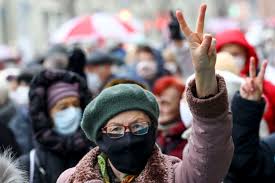

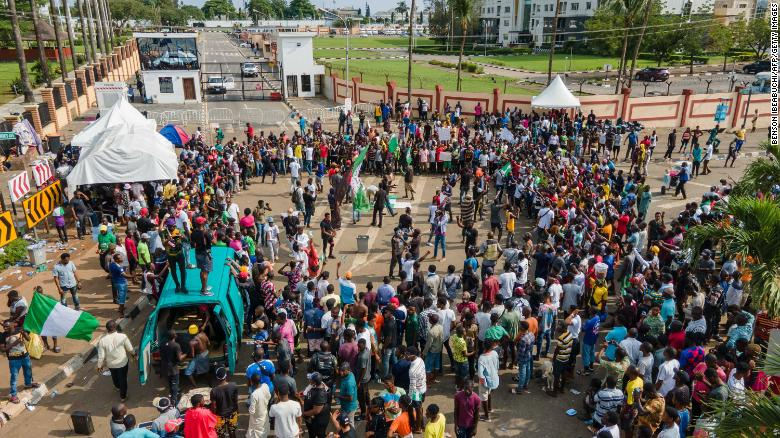



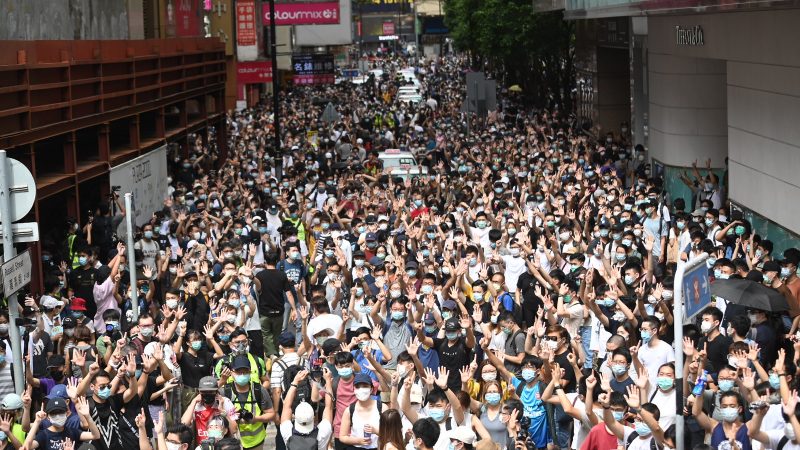
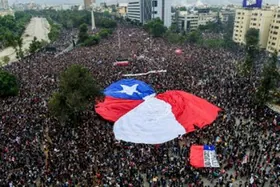

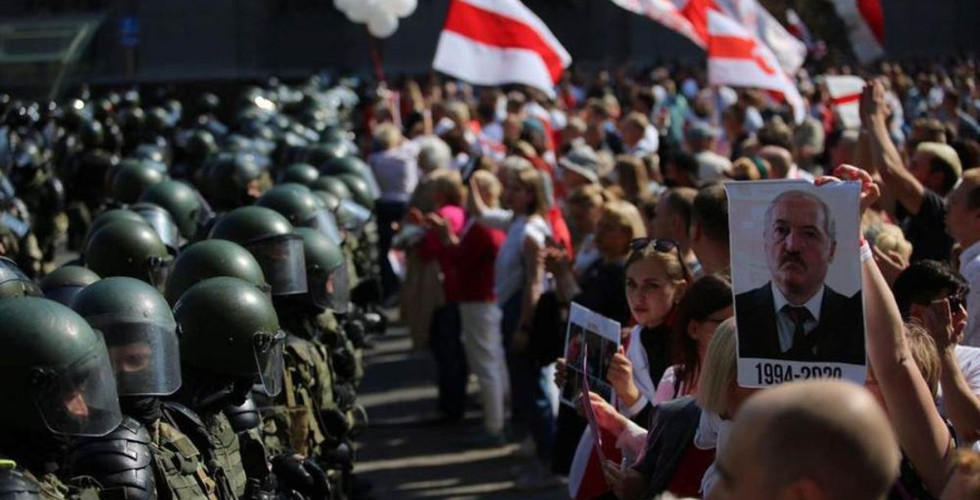



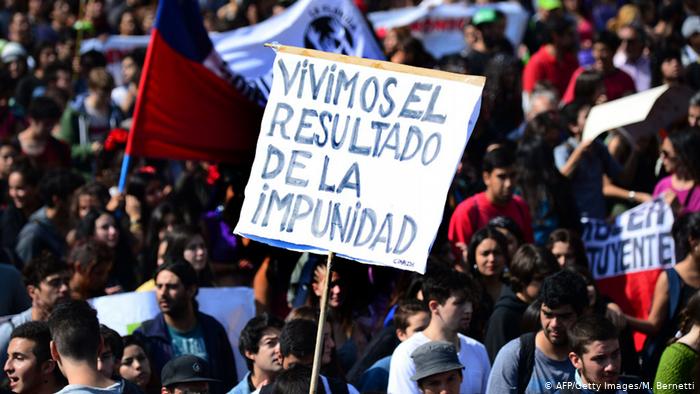




























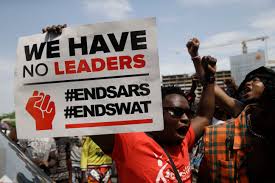
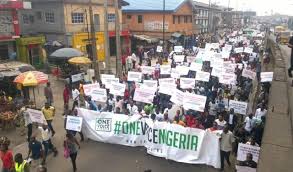




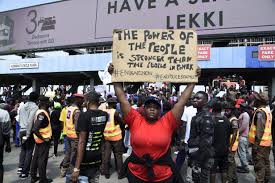





Comments